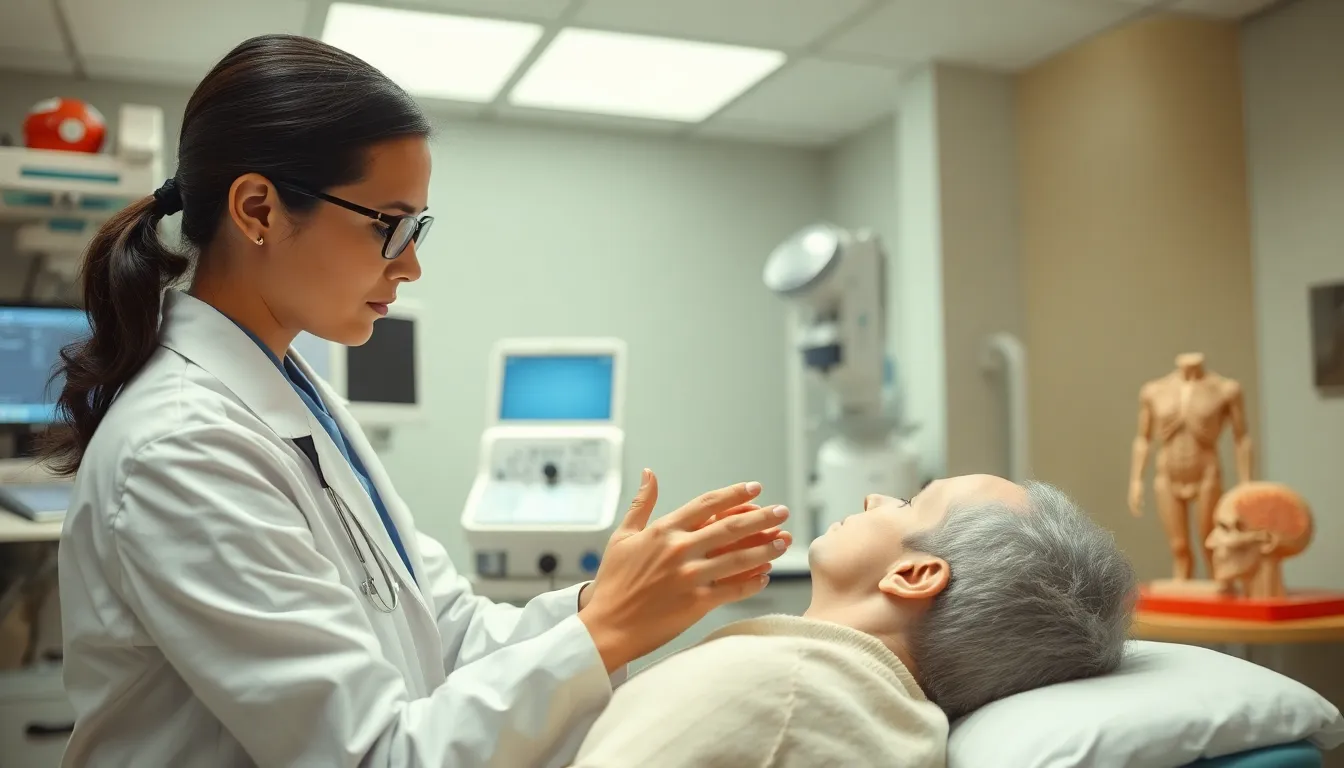Homorzopia disease, a rare genetic condition, poses unique challenges for those affected. Early detection is crucial for managing symptoms and improving quality of life. Understanding how to test for this disease can empower individuals and families to seek timely medical intervention. In this article, readers will discover the various testing methods available for homorzopia disease. From genetic screenings to clinical assessments, each approach offers valuable insights into the presence of this condition. By equipping themselves with knowledge about the testing process, individuals can take proactive steps toward better health outcomes.
How to Test for Homorzopia Disease
Homorzopia disease is a rare genetic condition that significantly affects individuals and their families. Early detection plays a vital role in managing symptoms and improving overall quality of life.What Is Homorzopia Disease?
Homorzopia disease is a genetic disorder characterized by its impact on an individual’s physiological functions. Primarily inherited in an autosomal recessive pattern, it requires both parents to pass on the mutated gene. This disease leads to dysfunctional cellular processes, resulting in a range of clinical manifestations that vary in severity.Causes and Symptoms
Causes of homorzopia disease stem from mutations in specific genes responsible for metabolic functions. In most cases, both parents transmit the defective gene, leading to the disease’s expression. Symptoms of homorzopia disease can include:-
- Neurological issues: Individuals may experience cognitive challenges or motor skills impairment.
-
- Sensory deficits: Many exhibit vision or hearing difficulties.
-
- Physical abnormalities: Some might present with unique features or developmental delays.
Testing Methods

Clinical Evaluations
Clinical evaluations focus on assessing the patient’s medical history and symptomatology. Physicians review family histories for patterns of inheritance and ask about specific symptoms such as neurological issues or physical abnormalities. Neurological examinations may include assessments of reflexes, sensory responses, and overall cognitive function. In-person assessments allow for tailored recommendations for further investigation based on observed symptoms and family background.Laboratory Tests
Laboratory tests play a crucial role in confirming a diagnosis of homorzopia disease. Genetic testing identifies mutations in genes associated with the disorder. Blood tests measure levels of metabolites related to the disease’s metabolic disruption. Imaging studies, such as MRI or CT scans, may also be conducted to visualize any anatomical changes linked to the condition. By combining these tests, healthcare providers obtain a comprehensive understanding of the genetic and physiological aspects of homorzopia disease.Home Testing Options
Home testing options for homorzopia disease offer convenience and initial insights into the condition. These methods can aid in early detection, although they may not be definitive.At-Home Test Kits
At-home test kits provide a user-friendly way to begin the testing process. These kits typically include:-
- Saliva collection tools: Saliva samples are often collected using swabs or containers for genetic analysis.
-
- Instructions for submission: Clear guidelines ensure accurate sample handling and timely shipment to laboratories.
-
- Results reporting: Users receive results through secure online platforms or via mail, usually within 4 to 6 weeks.
Limitations of Home Testing
Home testing carries certain limitations that warrant consideration. Key drawbacks include:-
- Lack of comprehensive analysis: Home tests may not capture all relevant genetic variations linked to homorzopia disease.
-
- Inaccurate results: False positives or negatives can occur, leading to unnecessary anxiety or false reassurance.
-
- Absence of professional guidance: Without a healthcare provider’s insight, individuals may misinterpret results, delaying critical medical intervention.
When to Seek Professional Help
Timely consultation with a healthcare provider is crucial for managing homorzopia disease. Recognizing specific signs can prompt individuals to seek medical advice for accurate diagnosis and intervention.Signs You Should Consult a Doctor
-
- Persistent Symptoms: If symptoms such as neurological issues, sensory deficits, or physical abnormalities persist, consultation is essential.
-
- Family History: Individuals with a family history of homorzopia disease or related genetic conditions should consider genetic counseling.
-
- New Onset Symptoms: Sudden changes in physiological functions may indicate a need for further evaluation.
-
- Diagnostic Confusion: If home testing results are inconclusive or raise concerns, professional assessment is vital for clarification.
Recommended Specialists
-
- Geneticists: Specialists in genetics diagnose inherited conditions and provide guidance for testing options and family planning.
-
- Neurologists: These experts assess and manage neurological symptoms associated with homorzopia disease, tailoring treatment plans to individual needs.
-
- Metabolomic Specialists: Professionals with expertise in metabolic functions analyze test results and recommend appropriate interventions based on metabolic disorders.
-
- Clinical Genetic Counselors: These practitioners assist families in understanding genetic testing implications, results interpretation, and available support resources.

